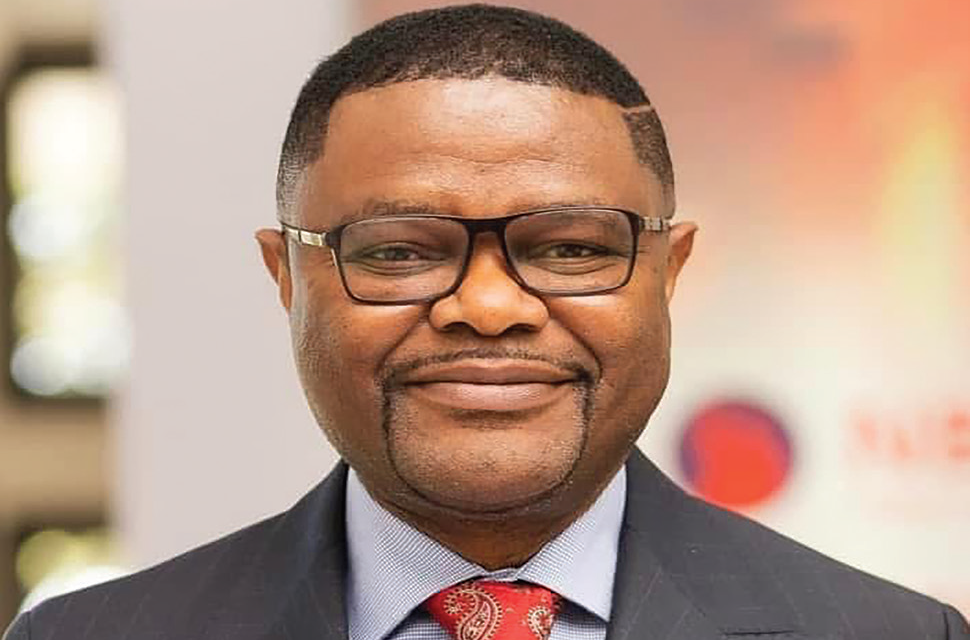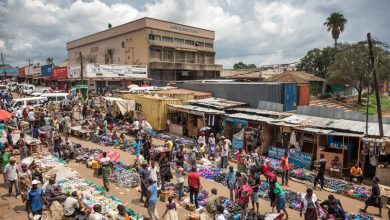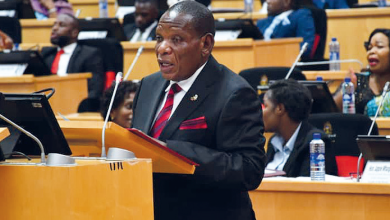Youth traders fuel Malawi’s investment revival, growth
In a dusty corner of Mtandire Township in Lilongwe, 36-year-old hardware shop owner Stanford Magalasi wipes sweat from his brow as he rearranges tins of paint and hammers.
Business is modest but steady. Yet behind the counter, Magalasi wrestles with a question many Malawians quietly ask: “Can someone like me ever be part of the stock market?”

“I hear about it on the radio sometimes, but I have always thought it was for big companies and rich folks,” he says. “Those of us who live hand to mouth can’t afford to think long-term.”
For years, the 16-counter Malawi Stock Exchange (MSE) has been viewed as an elite playground. But that perception is slowly changing.
“Public participation in the stock market has grown significantly in recent years,” says Kelline Kondowe, MSE chief operations officer. “We are seeing more and more people buying shares.”
According to the Reserve Bank of Malawi (RBM) Financial Institutions Annual Report, trading activity on the MSE expanded sharply. The number of trades rose from 10 736 in 2023 to 14 471 in 2024, signalling greater participation and investor confidence.

The volume of shares traded doubled from 0.6 billion to 1.2 billion while the value of shares traded jumped from K77.2 billion to K124.7 billion.
Market analysts Benedicto Nkhoma and Kondwani Makwakwa in separate interviews said the surge reflects higher demand and growing awareness among investors aided by financial literacy drives and easier access to market information.
Fresh data from the exchange reinforces the trend. Between October 2024 and October 2025, the Malawi All Share Index, the overall measure of market performance, rose from 143 706 to 600 469 points while market capitalisation climbed from K7.8 trillion to K33 trillion.
Our analysis of daily trading on October 7 2024 showed that daily turnover more than tripled from about K155 million to K508 million and the number of deals quadrupled to 174 per day.
Blue-chip counters such as National Bank of Malawi plc (259 percent), FMB Capital Holdings Limited plc (447.5 percent), NBS Bank plc (548 percent) and Airtel Malawi plc led the rally, recording triple-digit gains as investors repositioned portfolios after last year’s currency devaluation. Nico Holdings and Illovo (Sugar) Malawi plc also posted solid growth, signalling confidence across financial and industrial sectors.
Still, the gap between awareness and access remains wide. Financial literacy levels are low and many small entrepreneurs such as Magalasi lack the knowledge or confidence to participate.
“Honestly, I would be more interested if someone showed me where to start in language I understand,” he says. “Even K5 000 or K10 000 would be worth trying if it is real and safe.”
At the University of Malawi, fourth-year student Christy Longwe shares the curiosity.
“If someone showed me how to invest K10 000 today, I would do it. I could use the money after graduation to start a small business,” she says.
But she admits her knowledge is largely second-hand.
“We are not taught about shares or bonds in school. We just hear stories. Schools should teach this, it is part of building wealthys,” she says.
Her fellow student Connex Chirwa is more cautious. “I have thought about investing, but I am afraid of making a loss. It feels like a space where one wrong move could wipe you out,” he says, adding that brokerage fees and complex procedures often discourage first-timers.
That is precisely the challenge financial institutions are trying to address.
“There is a huge gap in knowledge. Most people go through school without ever being taught what a share or bond is,” notes Chirwa.
“However, policy initiatives are now incorporating financial literacy into the curriculum, which is a significant step.”
The RBM is also working actively to promote a savings and investment culture.
Through initiatives such as Global Money Week, the RBM has organised student visits to the MSE, aired educational programmes across the media and hosted seminars at institutions such as Lilongwe University of Agriculture and Natural Resources to demystify investing.
“We want to empower Malawians to make informed financial decisions,” says Boston Maliketi Banda, the RBM director of public relations.
“This is not just about the stock market. It is about creating a financially inclusive society.”
Beyond education, the RBM and MSE are focusing on creating pathways to capital for the country’s overlooked business sector.
The Mzinga Incubation Programme, backed by the World Bank through the FInes project, helps small and medium enterprises build capacity to list on the MSE, offering not only access to capital but also mentorship.
Similarly, the investor symposium now brings together ministries, financiers and private-sector players exploring opportunities in agriculture, tourism, mining and manufacturing, some of which are expected to raise capital through the exchange.
“These efforts are aimed at realigning financial sector priorities and promoting inclusive development,” says Banda.
Still, barriers persist. Magalasi worries about hidden costs and unclear processes.
“If I have to pay a broker too much or don’t understand what I am buying into, I would rather not risk it,” he says.
Longwe is willing to pay a commission if it ensures guidance and accountability, while Chirwa would only do so reluctantly given his limited budget.
Despite such hesitations, appetite is growing, especially among young people. “Most young people want something better. If we make investing accessible, safe and relatable, they will come,” said Makwakwa.
As more Malawians explore ways to build wealth, the MSE is beginning to look less like a distant tower of finance and more like a practical tool for everyday citizens.
From Mtandire to university campuses, the interest is evident. What is needed now is trust, education and inclusion.
Whether they buy shares today or in five years, young Malawians are asking sharper questions, demanding greater access and daring to dream.





